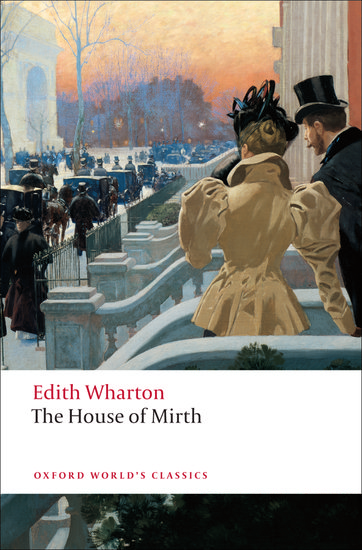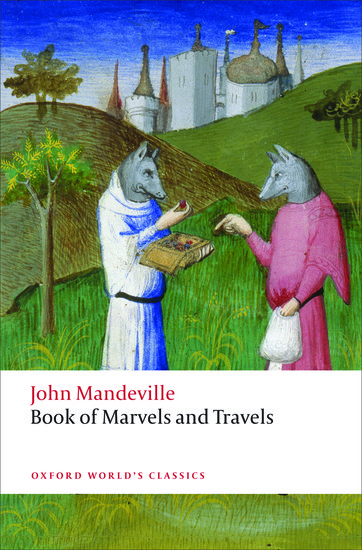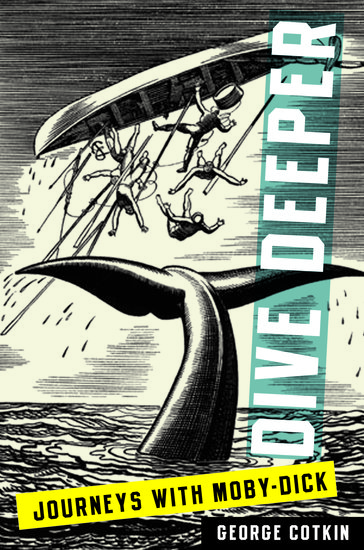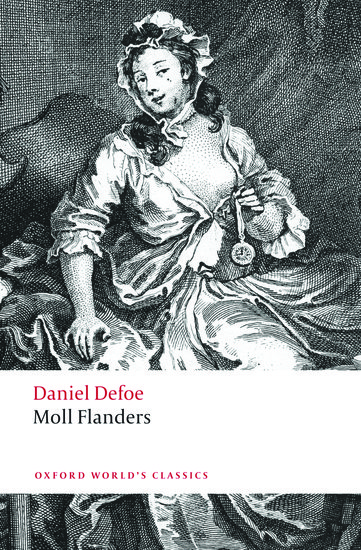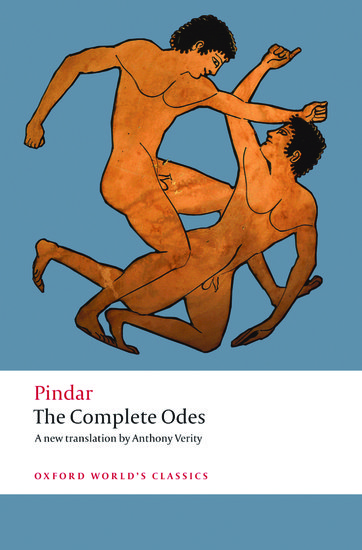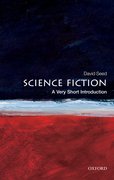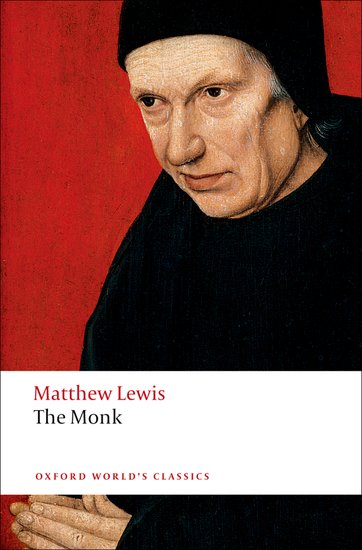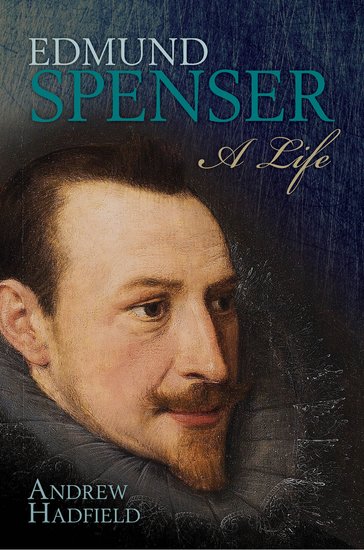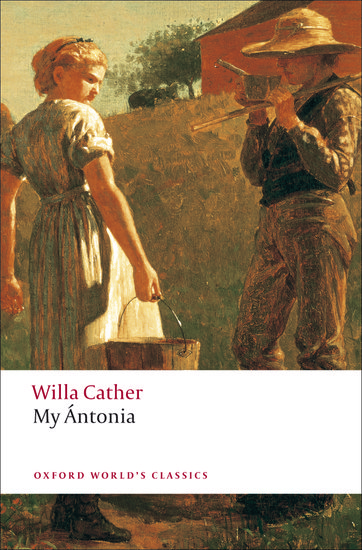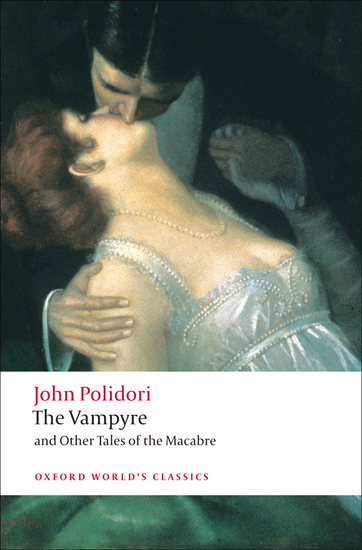10 questions for Suzzy Roche
Each summer, Oxford University Press USA and Bryant Park in New York City partner for their summer reading series Word for Word Book Club. The Bryant Park Reading Room offers free copies of book club selection while supply lasts, compliments of Oxford University Press, and guest speakers lead the group in discussion. On Tuesday 21 August, Suzzy Roche leads a discussion on The House of Mirth by Edith Wharton, and will perform it at the end.

